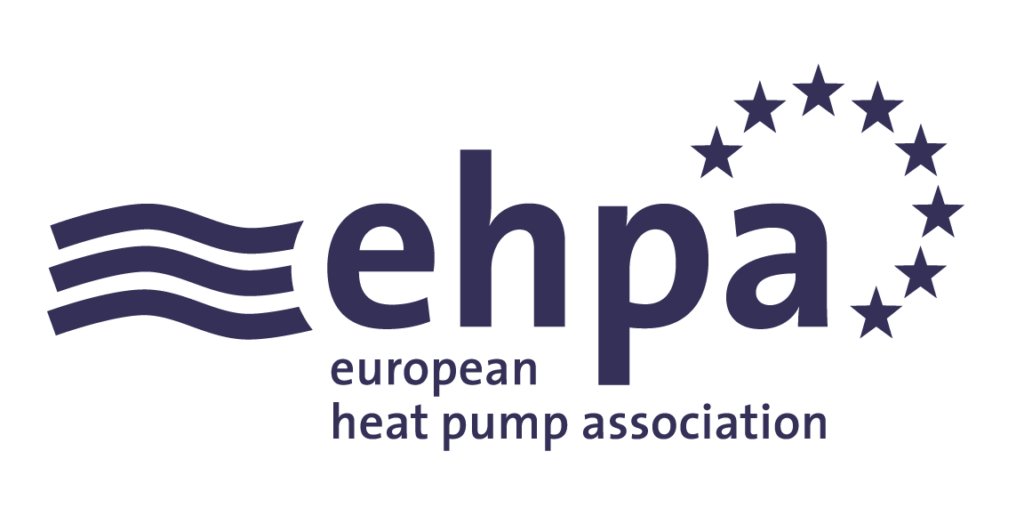EU governments must swiftly implement the proposed carbon price on buildings and road transport (the second EU Emissions Trading System or ETS2). This will accelerate the uptake of heat pumps and enable the heat pump sector to invest in Europe’s competitiveness.
On 21 October, Climate Commissioner Hoekstra announced changes to the ETS2, in response to a call from the majority of Member States. The main aim of the changes is to keep the carbon price to €45 per tonne.
While the proposed measures partially weaken the ambition of the ETS2, they also provide strong additional safeguards against high and volatile prices.
Governments must now rapidly move to implementation: regulatory certainty and clear political signals are essential for a stronger heat pump sector in Europe.
A stronger heat pump sector boosts European industrial competitiveness, creates local jobs and contributes to Europe’s energy security by replacing imported fossil fuels.
This will in turn enable faster decarbonisation, keeping the carbon price down.
What’s more, the revenues the ETS2 generates will support the transition to clean heating and mobility. Member States will be able to plan their investments right away thanks to the European Commission’s proposal to frontload revenues through loans via the European Investment Bank.
€87 billion of ETS2 revenues will go into the Social Climate Fund, set up to help vulnerable households manage the transition to cleaner heating and transport.
Paul Kenny, director general of the European Heat Pump Association said:
“The EU wants to move away from fossil fuels, so applying a carbon price to heating, with generous and targeted support for the poorest households is crucial. If we decarbonise heating and road transport faster, the carbon price will stay lower. For heating this means a quicker roll-out of heat pumps through stable support schemes for consumers, and shifting taxes away from the electricity bill.”



